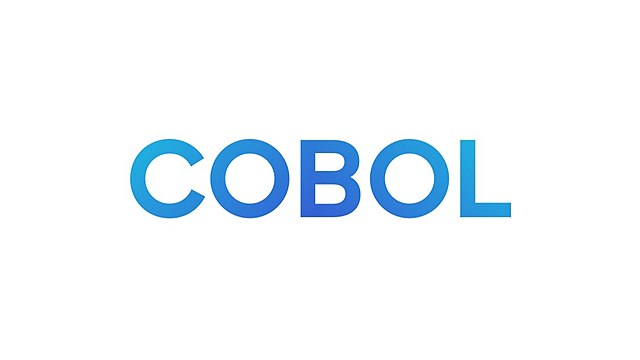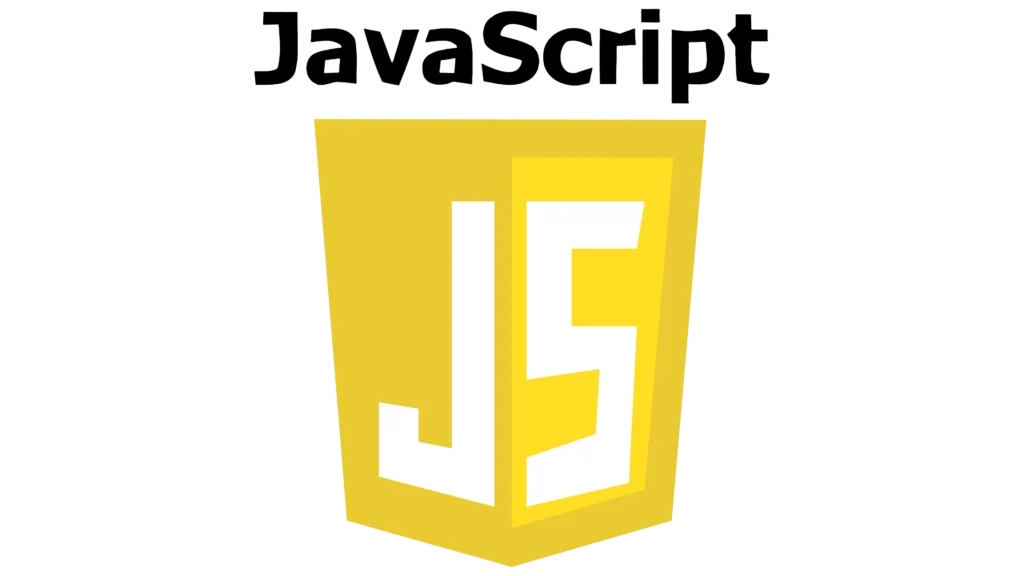As industries evolve, digital transformation is becoming essential for organizations in both government and banking sectors. A key component of this shift is the adoption of common programming languages in government and banking, which allow these institutions to handle complex transactions, secure sensitive data, and improve overall efficiency. In this blog, we will explore the most widely used programming languages in these industries and provide real-world examples of how they are helping to drive growth and innovation.
Java: The Backbone of Banking Operations
Java is a powerful, high-level programming language that has existed since the mid-1990s. One of its key features is its platform independence—meaning Java programs can run on any device that supports the Java Virtual Machine (JVM), which makes it highly versatile. Java is known for its security features, including built-in tools to protect sensitive data. This is especially important in government and banking, where security is a top priority.

Example: Citibank
Citibank relies heavily on Java to run its core banking systems. These systems process millions of daily transactions, managing everything from customer accounts to loan applications. Using Java allows Citibank to maintain a secure and scalable platform that operates seamlessly globally.
By choosing Java, businesses like Citibank ensure their systems can grow alongside their customer base. The language’s flexibility also makes it easier to adapt to new technologies, making it a crucial tool for businesses looking to future-proof their operations.
C++: Speed and Performance for Trading Systems
C++ is known for its speed and efficiency, making it one of the most popular languages in banking, especially in high-frequency trading (HFT). HFT platforms need to process thousands of transactions in mere milliseconds, and C++ delivers the required performance.
Example: NASDAQ

NASDAQ, one of the world’s largest stock exchanges, uses C++ to power its HFT systems. These systems must execute trades in microseconds, which demands a language that can handle enormous amounts of data without delay. C++ allows NASDAQ to perform at top speed while maintaining the stability needed for these high-pressure environments.
For businesses dealing with time-sensitive operations, C++ is the go-to choice. Its ability to process data quickly can give companies a significant competitive advantage in the fast-paced world of finance.
Python: Driving Data Analytics and Automation
Python has become one of the common programming languages in government and banking, especially for data analytics, automation, and artificial intelligence (AI). It is known for its ease of use and wide range of libraries, which allow developers to build complex systems quickly.
Example: Bank of America
:max_bytes(150000):strip_icc()/GettyImages-1251913385-1eab85a0499e42ad884cd5ac31a25742.jpg)
Bank of America uses Python to run its fraud detection systems. These systems rely on AI to monitor transactions in real-time and identify suspicious activity. Python’s powerful libraries make it easy to build these models, helping Bank of America protect its customers and reduce financial losses.
Python’s versatility makes it a smart choice for any business looking to improve its data analysis or automate processes. Whether it’s fraud detection or customer insights, Python helps companies streamline their operations and make smarter decisions.
COBOL: A Legacy Language with Staying Power
COBOL is one of the oldest programming languages still in use today, and it remains essential in the government and banking sectors. Its ability to handle large-scale transactions and legacy systems has kept it relevant, even as newer languages emerge.

Example: U.S. Social Security Administration (SSA)
The U.S. Social Security Administration depends on COBOL to manage its vast network of benefits systems. Despite being decades old, COBOL continues to process billions of dollars in payments accurately. The SSA’s reliance on this language demonstrates its stability and reliability for critical operations.
For organizations with long-standing systems, COBOL remains one of the most essential languages in government. It ensures that these legacy systems continue to function efficiently, avoiding costly overhauls or disruptions.
SQL: The Language for Managing Databases
SQL (Structured Query Language) is crucial for managing and organizing the massive amounts of data typical in government and banking. It allows institutions to store, retrieve, and manipulate data with ease, ensuring efficient operations.

Example: HSBC
At HSBC, SQL is used to manage large databases containing customer records, transaction histories, and regulatory compliance data. The bank depends on SQL to run complex queries that allow for real-time reporting and data analysis.
SQL’s role as a common programming language in banking shows how important data management is in today’s digital world. For businesses that handle large datasets, SQL ensures that information is organized, accessible, and secure.
JavaScript: Enhancing User Experience and Web Applications
JavaScript is primarily used to create interactive web applications. It is one of the most common programming languages in government and banking because it helps deliver a seamless user experience. Along with frameworks like React and Angular, JavaScript powers dynamic websites and portals where users can complete tasks like online banking or accessing public services.

Example: Government Digital Service (GDS), UK
The UK government’s GOV.UK website uses JavaScript to power its public services platform. With millions of users accessing the site every day for tasks like paying taxes or applying for licenses, the website must be fast and easy to navigate. JavaScript makes it possible to create a responsive, dynamic user experience.
For businesses that rely on online platforms, JavaScript is one of the most essential languages in government and banking. It helps improve user engagement, making it easier for customers to interact with services and complete transactions online.
Why Digital Solutions Matter
The common programming languages in government and banking are essential to driving growth and maintaining operational efficiency. Java, C++, Python, COBOL, SQL, and JavaScript each uniquely support these industries. From securing data to enhancing user experience, these languages allow businesses to innovate and scale with confidence.
As businesses continue to embrace digital transformation, adopting the right programming languages will be key to staying competitive. By choosing languages that offer security, scalability, and efficiency, companies can ensure they are ready to meet the demands of today’s fast-paced digital world.
Learn more about the mobile app development here.




